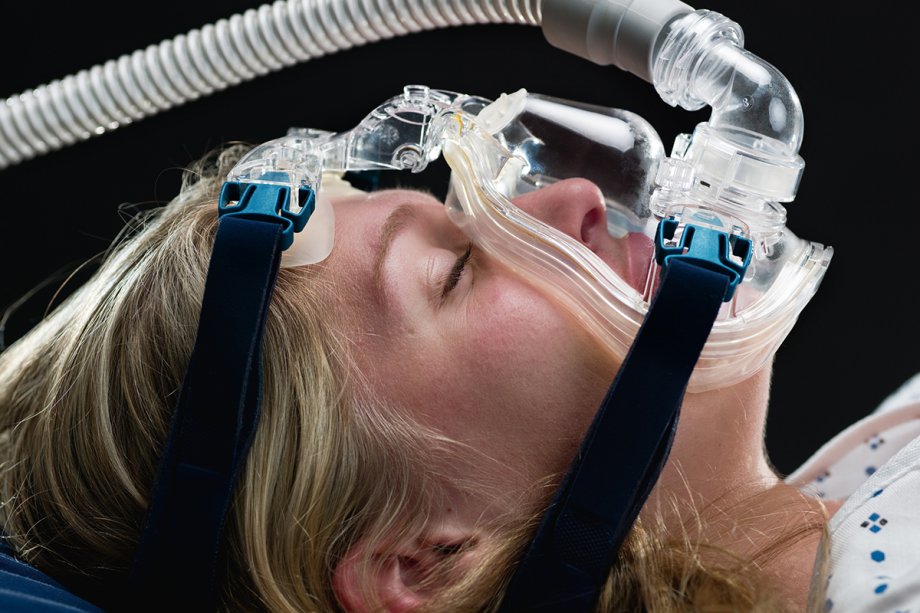Sleep apnea is a common yet serious condition that disrupts breathing during sleep, leading to poor rest and potential health complications. While many think of sleep apnea as a problem best addressed by physicians or sleep specialists, dentists also play a vital role in diagnosing and treating this condition. Dentists are often the first to notice the signs of sleep apnea because oral health is closely linked to overall wellness. By understanding how your dentist can assist, you can take a significant step toward better health and improved sleep.
This article explores how dentists diagnose and treat sleep apnea, offering insights into their unique expertise and the tools they use to support your wellness.
How Dentists Diagnose Sleep Apnea
Dentists are in a unique position to identify potential signs of sleep apnea during routine dental visits. Because they examine your teeth, mouth, and jaw in detail, they can spot indicators that may hint at sleep-related breathing disorders.
Identifying Warning Signs During Dental Exams
One of the key ways dentists help diagnose sleep apnea is by detecting physical signs associated with the condition. For example, worn-down teeth could suggest chronic grinding, a common symptom in patients with obstructed airways during sleep. Additionally, a small jaw, enlarged tongue, or redness in the throat may point to airflow restrictions that disrupt nighttime breathing.
Dentists also pay close attention to patient-reported issues, such as excessive snoring, frequent morning headaches, or feeling tired despite getting enough sleep. These symptoms can raise red flags for sleep apnea, prompting further investigation.
Collaborating with Sleep Specialists for a Definitive Diagnosis
While dentists can recognize the need for further evaluation, a formal diagnosis typically requires a sleep study. Dentists often work closely with sleep specialists by referring their patients after initial screenings. Some dental practices may even provide at-home sleep testing devices that measure breathing patterns, oxygen levels, and interruptions during sleep.
This collaboration ensures that patients are guided through the diagnostic process with expertise and care, leading to accurate and timely identification of sleep apnea.
How Dentists Treat Sleep Apnea
Beyond diagnosis, dentists play a pivotal role in managing sleep apnea, particularly mild to moderate cases of obstructive sleep apnea (OSA). They focus on oral appliance therapy, a non-invasive treatment that can significantly improve sleep quality and overall health.
Custom-Made Oral Appliances
Oral appliance therapy involves the use of dentist-designed mouthguards or devices to keep your airway open during sleep. These appliances, often referred to as mandibular advancement devices, work by repositioning the lower jaw and tongue to prevent airway blockages. Unlike bulky CPAP machines often prescribed by physicians, these appliances are compact, comfortable, and portable, making them an excellent option for many patients.
Your dentist customizes the oral appliance to fit your mouth precisely, ensuring maximum comfort and effectiveness. Regular follow-ups help your dentist assess progress and make adjustments as needed.
A Holistic Approach to Dedicated Care
Dentists who specialize in sleep apnea treatment often integrate their care with other aspects of patient wellness. For instance, treatment might include addressing underlying issues like temporomandibular joint (TMJ) disorders or recommending lifestyle changes, such as weight management or reducing alcohol intake, to enhance outcomes. This patient-focused approach ensures comprehensive care tailored for long-term health improvements.
By combining specialized tools and personalized strategies, dentists are instrumental in helping patients regain restful, restorative sleep.
Why Early Intervention Matters
Properly diagnosing and treating sleep apnea is critical to avoiding the long-term risks associated with this condition, such as heart attacks, strokes, and diabetes. Dentists not only provide solutions but also empower patients with the knowledge and resources they need to protect their health. If you suspect you have sleep apnea or are currently dealing with symptoms, your dentist can be a supportive partner on your wellness journey.
Frequently Asked Questions About Sleep Apnea Treatment
What Are the Benefits of Using a Dentist for Sleep Apnea Treatment?
Dentists, particularly those trained in dental sleep medicine, have specialized knowledge of the jaw and oral structures. This expertise allows them to design custom oral appliances that address the root causes of obstructed airways. Additionally, these appliances are often more comfortable and user-friendly compared to alternatives like CPAP machines. Many patients find greater compliance and improved outcomes when treated by their dentist.
How Do I Know If an Oral Appliance Is Right for Me?
Oral appliances are typically recommended for people with mild to moderate obstructive sleep apnea or those who cannot tolerate CPAP therapy. Your dentist will assess your symptoms, conduct a detailed oral examination, and review your sleep study results to determine if oral appliance therapy is suitable for you. If you’re unsure about your treatment options, a consultation with your dentist is a vital first step.
At San Francisco Dental Wellness, we specialize in patient-centered dental care that supports your total well-being. To learn more about our offerings or when you are ready to schedule a consultation, contact us online or call us at 415-781-1944. We look forward to helping you achieve better sleep and optimal dental health!

